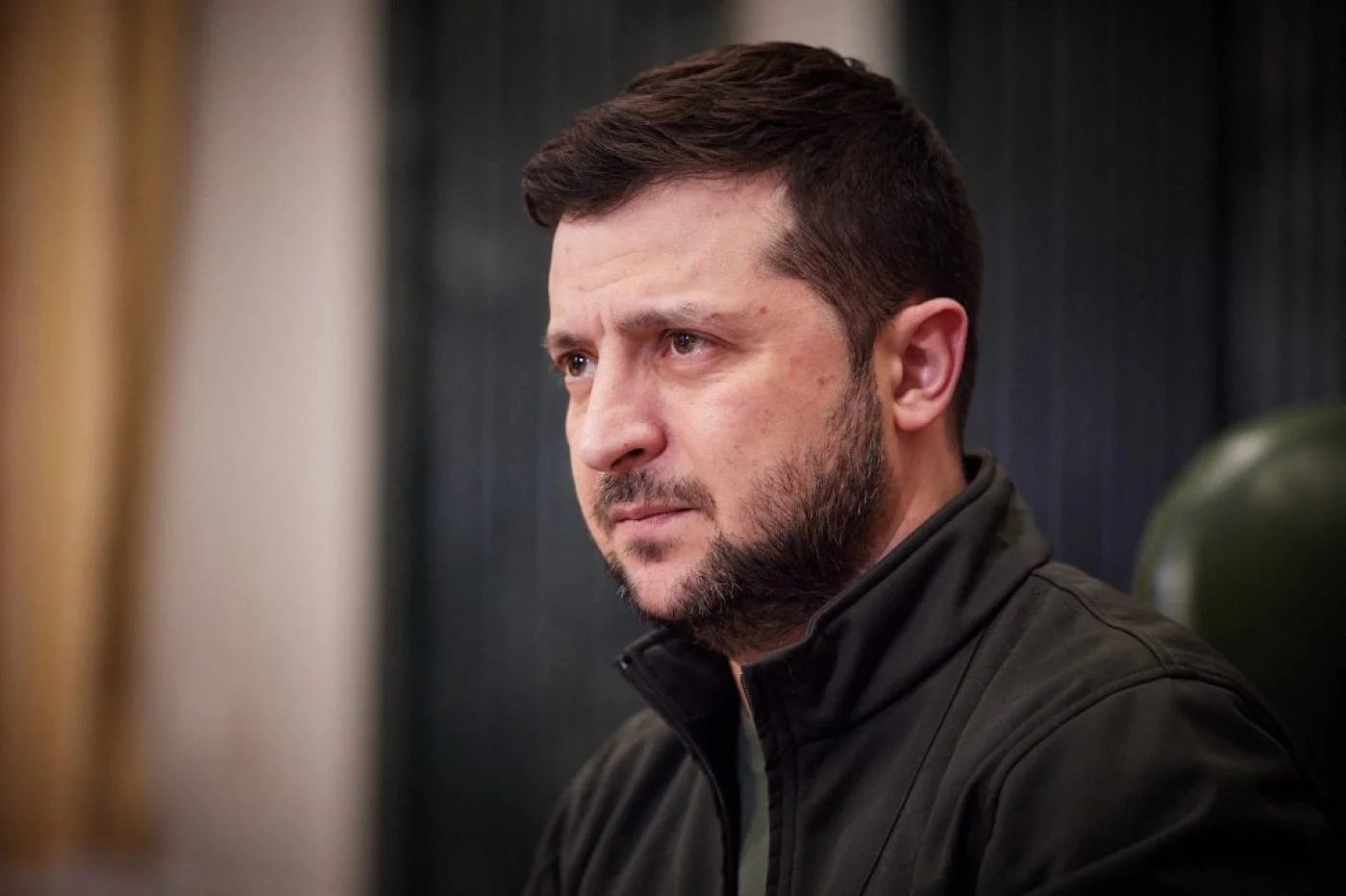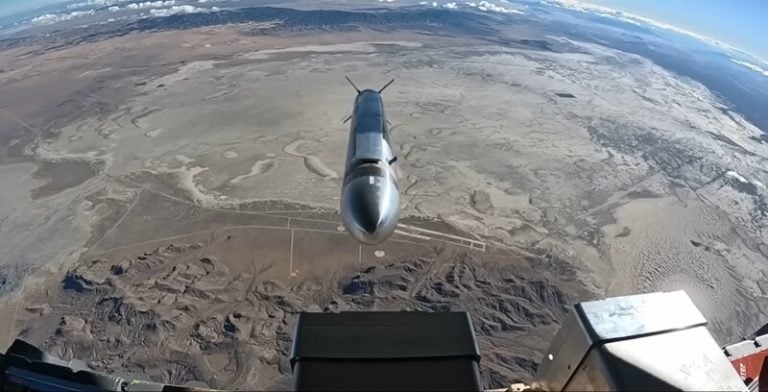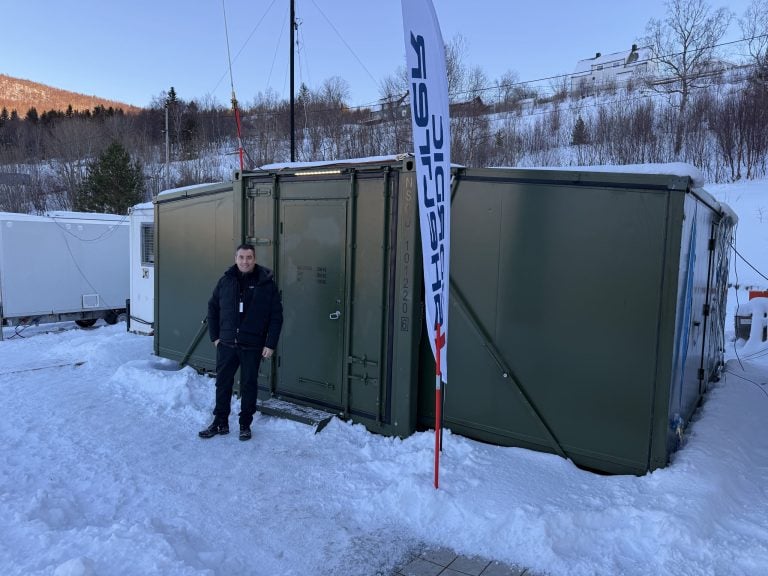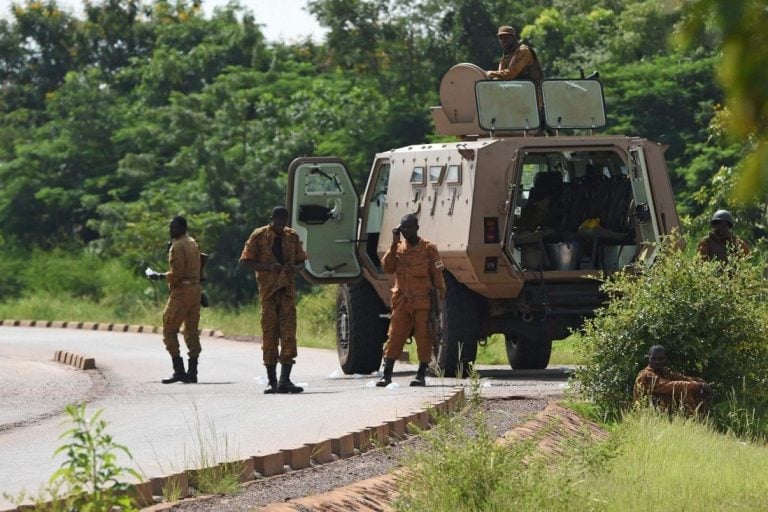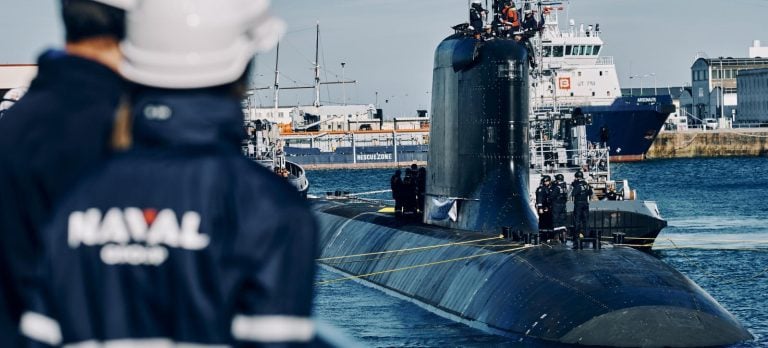Ukrainian President Volodymyr Zelensky has signaled a potential shift in negotiations with Russia, expressing his willingness to exchange territory as discussions about ending the ongoing conflict become more pressing. This statement follows the release of at least one American prisoner, an event that U.S. President Donald Trump characterized as a “goodwill gesture” aimed at facilitating peace talks.
Zelensky, known for his firm stance against ceding any territory since Russia’s invasion began in February 2022, specified in a recent interview that Kyiv was prepared for “serious talks” as the Munich Security Conference approaches. He indicated a willingness to swap land, specifically mentioning the Kursk region, which Ukraine captured during a surprise offensive last year.
In the interview with The Guardian, Zelensky acknowledged the need for substantial security guarantees, stating, “Security guarantees without America are not real security guarantees.” This highlights the critical role the U.S. plays in Ukraine’s defense strategy.
Trump’s remarks also add a layer of complexity to the diplomatic landscape. Since taking office, Trump has expressed intentions to leverage U.S. financial aid to encourage Ukraine to make territorial concessions, suggesting a potential shift in U.S. policy towards the conflict. His administration’s recent interactions, including the first visit by an envoy to Russia since his return to office, have brought the subject of prisoner exchanges back into the spotlight.
The envoy, Steve Witkoff, successfully secured the release of Marc Fogel, an American citizen imprisoned in Russia since 2021 on drug charges. Trump reported that the negotiation process unfolded favorably, stating, “We were treated very nicely by Russia” and expressing hopes that this could mark the beginning of a relationship conducive to ending the war. Upon Fogel’s return to the United States, Trump recounted a poignant meeting during a campaign rally with Fogel’s elderly mother, where he had promised to help secure her son’s release.
The White House characterized Fogel’s release as part of a broader “exchange,” with Trump announcing that another detainee would also be released shortly, although specific details were not disclosed. Nonetheless, there was no immediate communication from Russian officials following these developments.
In a broader context, Trump’s suggestions of Ukraine potentially becoming Russian territory ignited a backlash in Ukraine, with residents dismissing these sentiments as “senile insanity.” Kyiv residents, including soldiers, reiterated their steadfast commitment to Ukrainian sovereignty, regardless of Trump’s assertions.
As military efforts continue, Russian forces declared the capture of the small village of Yasenove in the Donetsk region amidst ongoing hostilities. Additionally, missile strikes on Kyiv resulted in civilian casualties, underscoring the stark realities on the ground as both sides prepare for further possible discussions.
While formal high-level channels of communication have largely been severed since the onset of the war, low-profile negotiations have yielded some success in previous prisoner exchanges, despite a backdrop of escalating violence and deepening tensions. Fogel, arrested in 2021 for possessing small quantities of cannabis oil, had been residing in Russia since 2012 and was reportedly teaching there before his arrest and subsequent imprisonment.
